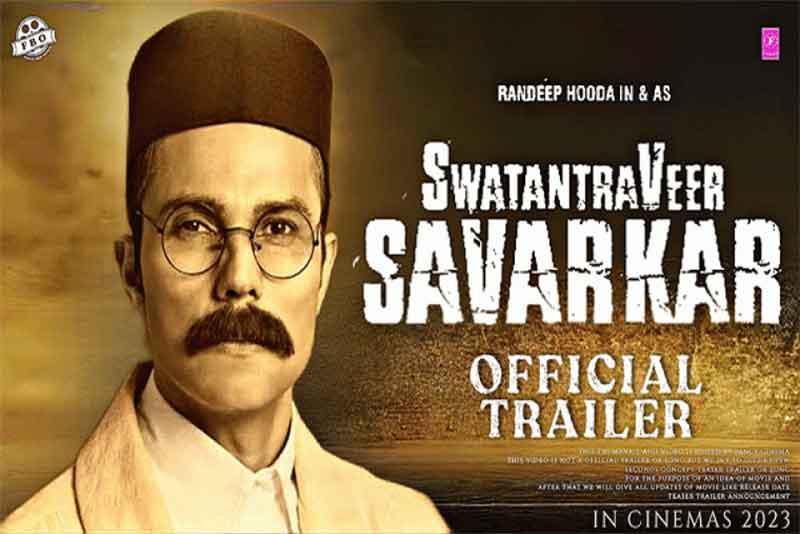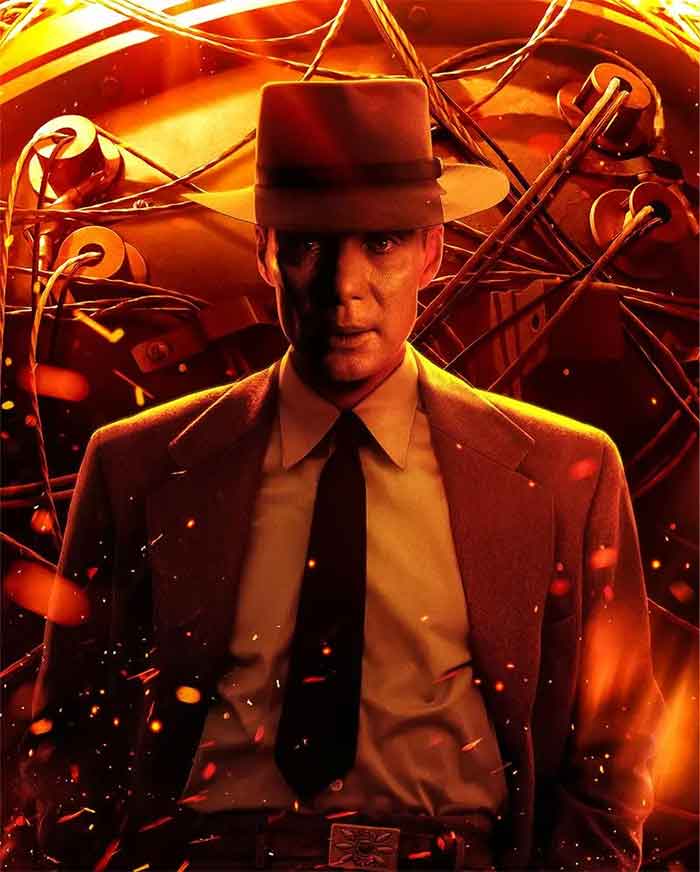
In whodunnits, two universal patterns can be seen as emerging. First, The murderer is suggestive of the vicious society at large; that s/he is part of the system that normalises killing. Then, the killer’s vengeance was not indeed aimed at the victims, but at the world which has already symbolically murdered him or her. These patterns, subtly different from each other, are packed with twists and suspenses insofar as we travel through the narrative with expectation and with equal amount of frustration when that expectation is foiled.
Some crime or mystery thrillers stretch the pattern a bit further: like Seven which ponders on the ethical question of killing and dying or the series Dark which boldly breaks the binary of life and death to take us to a world beyond.
While Watching Appu N Bhattathiri’s Nizhal (Shadow) brilliantly scripted by S Sajeev, I felt I was slowly being transported to the milieu in David Lynch’s 1990 series Twin Peaks (1990), a surreal world where the only reality is crime. The freakish method of detective Dale Cooper (essayed by Kyle MacLachlan) in the series assisted by dreams and epiphanic flashes is a deja vu moment for me the film. The credit of the filmmakers is that they could transform a magistrate, engrossed in the mundane world of cases, into a dream-reading, mind-reading wizard. Kunchacko Boban as Justice John Baby could justify the two dimensions of his character. Also, Sharmila and her son Nitin (played by Nayanthara and Izin Hash respectively) are a contrast to each other. An uncanny world lurks behind the former’s sharp, helpless, and innocent-looking eyes, while the latter turns out to be not so eerie as indicated initially in the script.
But the surreal is also deceptive Nizhal. The film, but for its eagerness to please the expectation of viewers for a logically ending crime-thriller, would have been a cinematic expedition on the question of death, living and the thin boundary that separates between the two without deviating into philosophical abstraction or quibbles. Imponderables have never been a forte of popular Malayalam films. We cannot see zombies emerge from graveyards or aliens invading the earth. But the flip side of this is that questions which a realistic storytelling cannot address but need the framework of a fantasy or science fiction to properly weigh up will remain unresolved.
A boy’s subconscious evoking of the 30-year-old death is portrayed in the film which ends on a political note relevant to the time: Politics that feeds on violence to survive as a force to reckon with leaves behind the traces of darkness that recurs in the national subconscious and haunts all moments. The film has a melange of themes to offer: the link between dream and storytelling, the impersonal nature of memory and creativity and the enigma of accidents resolving mysteries. The last one is the stuff of a crime thriller: the coincidence of an inscrutable magistrate meeting a promising kid who spins shocking yarns.
The film begins on a promise: its superhero references like the Dark Knight Mask and Nightwing evoke the expectation for a fantastic twist, yet unexplored much in Malayalam. However, the realistic layer of the film is not merely an arena for the fantastic to unfold. Realism rather pushes the fantastic to the backyard in the same way that Dark Night Mask ends up merely a protective face mask.
In Superhero films and graphic novels, we see the parallelism and contrast between the real and surreal, where their boundaries appear to be porous.
It seems that the makers of the film bring the political message home to us. It is a good thing this message has not been worked out more, unlike Malayalam films that portray political assassinations. A few dialogues neatly capture it. However, the film does not fulfil its promise of multidimensional plot after the interval.
The film, nonetheless, is a welcome sign of change. the makers of the film deserve credit for telling a story by mingling the elements of fantasy and psychological realism with credible twists of plot, skilful dialogues and narrative sequences. Particularly impressive is its background scores which reverberate even in its comical interludes and even after the screen is off.
Shameer K Sulaiman is the executive editor of Other Books, an independent publishing house based in Calicut
GET COUNTERCURRENTS DAILY NEWSLETTER STRAIGHT TO YOUR INBOX















































